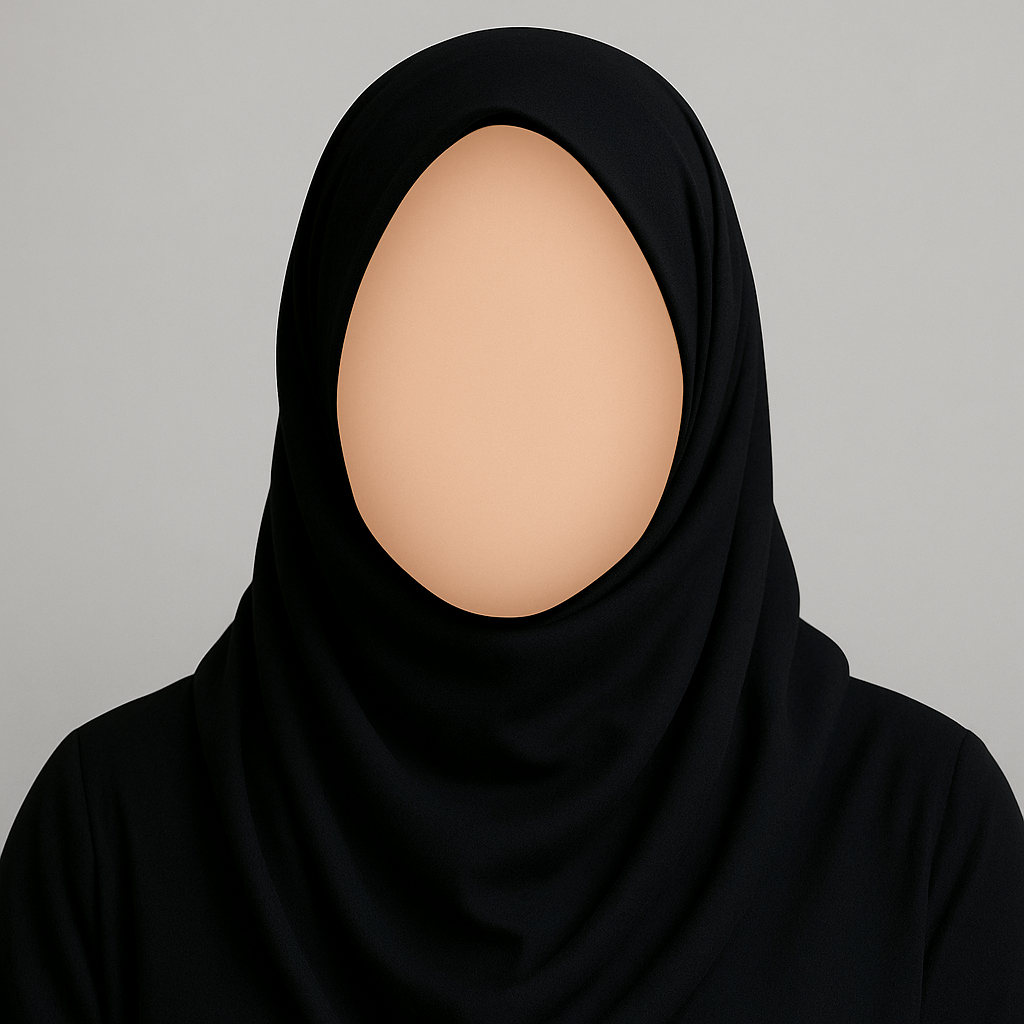DIVORCE THEM KINDLY

In the Name of Allāh.
When kindness and compassion are put aside, cruelty reigns instead. There are stories of woe, of oppression, as some husbands, the very men entrusted with the care of their wives, turn a blind eye to the Wisdom of Allāh and embrace the dark arts of cruelty and mistreatment.
We’ve seen perverted husbands who will not initiate divorce when it’s glaringly inevitable but rather punish, victimize, and frustrate their wives to the point of depression and mental disorder. In the end, when nothing is left, they quit the marriage. Subḥanallāh!
Verily, Ṭalāq (divorce) may remain the only possible resolution to certain marital crises, when it appears couples can no longer coexist peacefully. However, it must be conducted with all piety in a way free of abuse or oppression against any party. Let the separation be in peace and not in pieces. Let it be with kindness!
When advising on the most important qualities for which a girl should choose her husband, Shaykh Muḥammad Ibn Ṣāliḥ al-‘Uthaymīn (Raḥimahullāh) said: “The most important thing is that the suitor should be religiously-committed and of good character, because the woman will not lose out with one who is religiously-committed and of good character: if he keeps her, he will keep her in a good and proper manner and if he lets her go, he will let her go with kindness.” [Fatāwā al-Mar’ah al-Muslimah, 2/702]
O men, divorce is not a weapon, not a path to vengeance or to make your wives suffer, but a means of resolution, of peace. Don’t let it be, “Since I no longer need you, I’ll make you useless to another man,” or “I’ll teach you a bitter lesson.” For this, when (revocable) divorce happens, a man must still be kind to the woman. Allāh warns: “And when you have divorced women, and they have fulfilled the term of their prescribed period (i.e. their Iddah), either retain them in kindness or release them in kindness. But do not take them back to hurt them, and whoever does that then has wronged himself. And treat not the Verses (Laws) of Allāh as a jest, but remember Allāh’s Favours on you (i.e. Islām), and that which He has sent down to you of the Book (i.e. the Qur’ān) and Al-Hikmah (the Prophet’s Sunnah – legal ways – Islāmic jurisprudence, etc.) whereby He instructs you. And fear Allah, and know that Allāh is All-Aware of everything.” [Sūrah Al-Baqarah (2): 231]
Commenting on this verse, Imām Ibn Kathīr (Raḥimahullāh) said: “This is Allāh’s Command to men, that when one of them divorces his wife with a reversible divorce, he should treat her kindly. So when the term of her iddah nears its end, he should either take her back in a better way, including having witnesses that he has taken her back, and he lives with her in kindness. Or should release her after her iddah finishes and then ask her to depart from his house without disputing, fighting with her, or using foul words.”
This is the kindness commanded in divorce, not the cruelty dished.
I beseech Allāh to save us from demonic men who only take joy in ill-treating their women and make this reminder a beacon of guidance and strength to hold tight to the rope of kindness and peace. Aameen
Picture Credit: Freepik




JazakumuLlahu khoyran ma. Aameen to the duas. May Allah grant us beneficial marriages that will make Hannah deserving for us
Aameen, wa antum. Thank you for your comment. A happy marriage is a blessed marriage that eases our entrance into Jannah. Jannah should definitely be the goal.